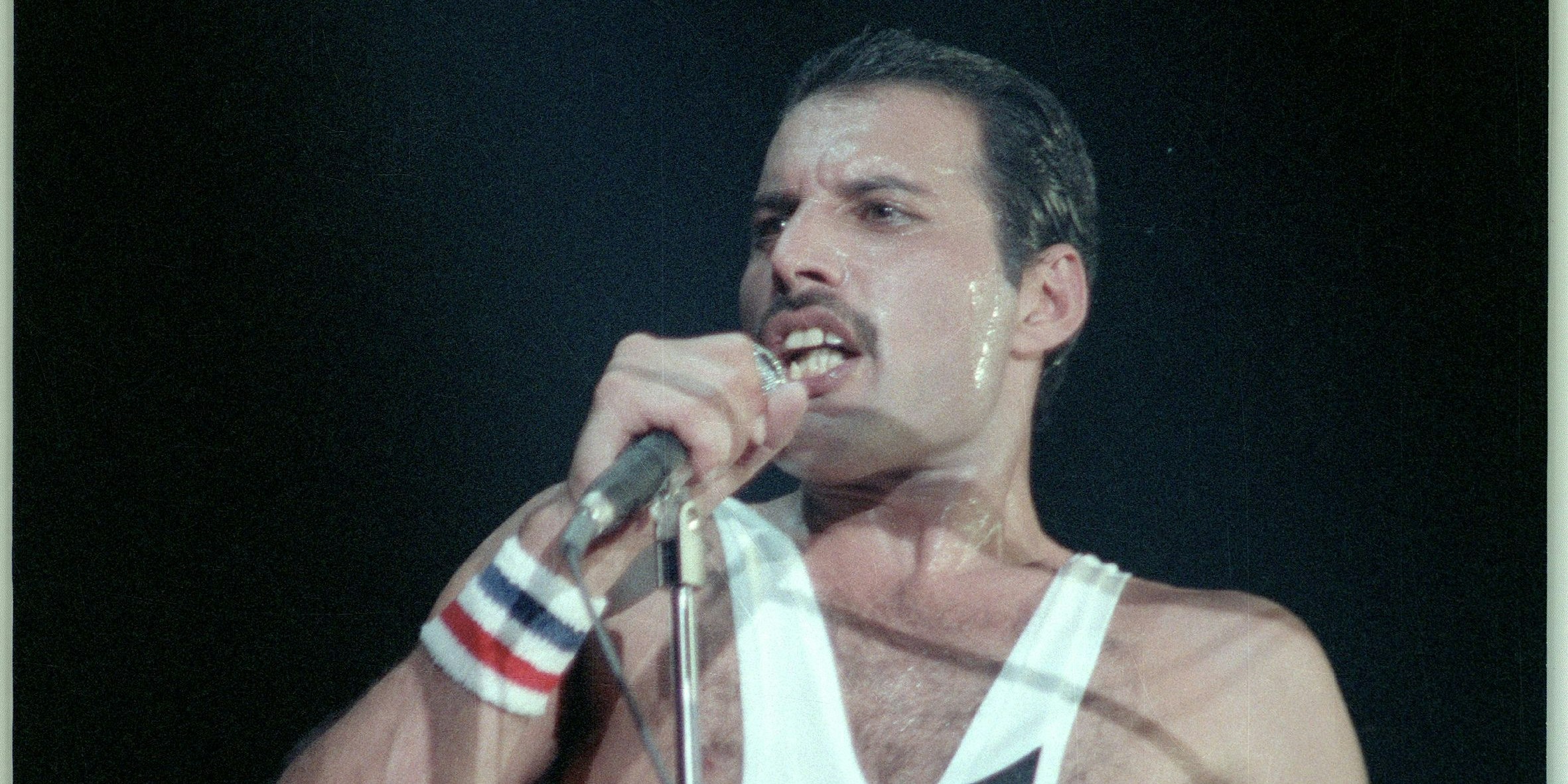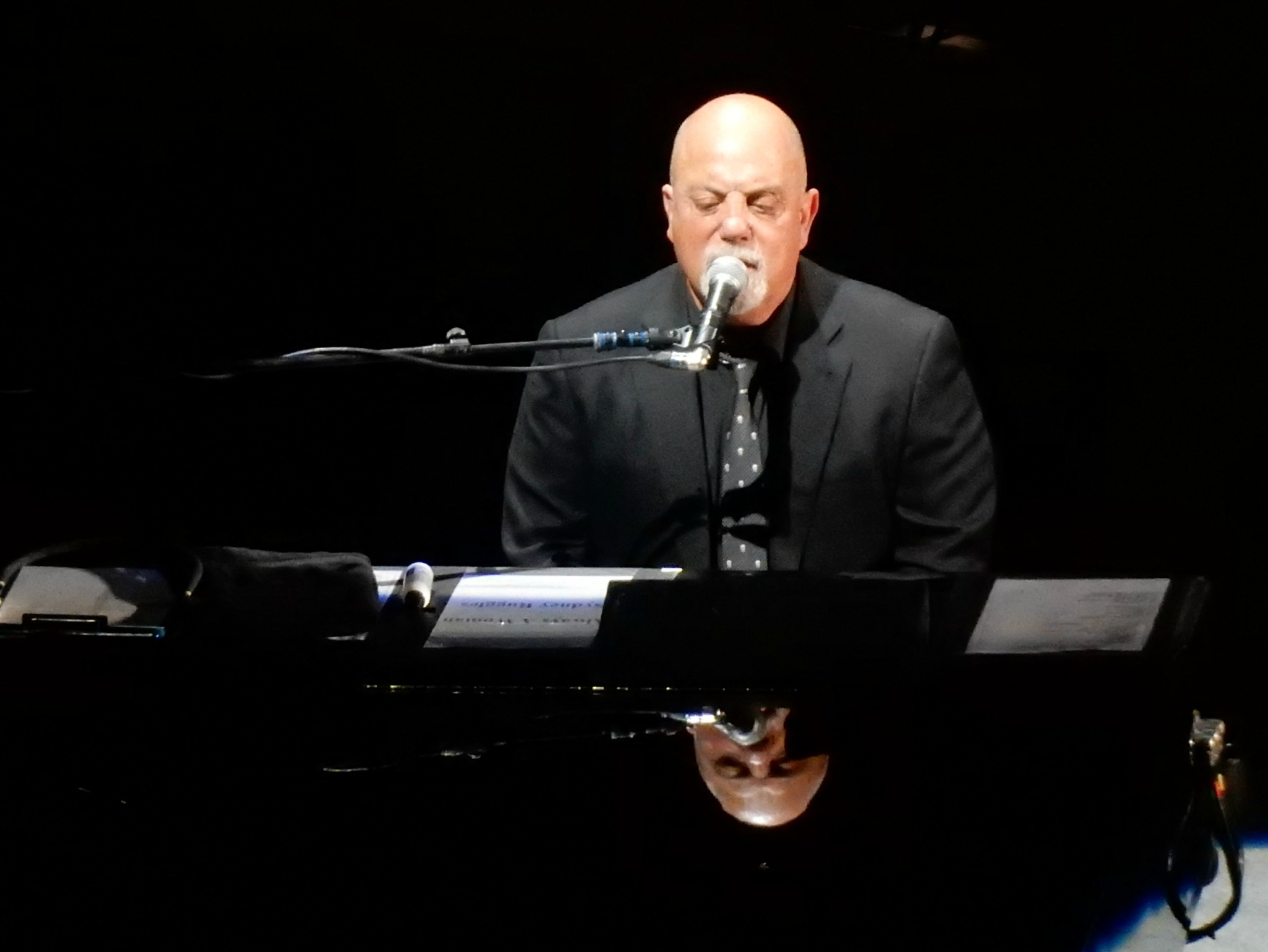While digital ad costs spiral and traditional festival promos feel increasingly lifeless, Surge has quietly built something the industry wasn’t ready to talk about: a $10 million ambassador-led sales engine that’s outperforming legacy models. Founded by live events veterans who know that fans sell better than banners ever could, the startup is reshaping how festivals grow, highlighting the kind of behind-the-scenes industry shifts most execs would rather keep out of headlines.
The numbers don’t lie—Surge’s approach generates up to 30% of total ticket sales for clients, including Ultra Europe, Kygo’s Palm Tree Festival, and Gryffin. That’s not a minor bump in metrics; that’s the difference between breaking even and building generational wealth for festival organizers.
The Algorithm Rebellion
You know that hollow feeling when targeted ads follow you around the internet? Festival-goers are experiencing ad fatigue on an unprecedented scale, like trying to make TikTok content go viral by posting it on LinkedIn. That’s why Surge’s human-first model is crushing traditional digital campaigns. Instead of throwing money at Facebook’s black box, smart promoters are investing in people who attend festivals.
“We believe we are the disruption,” co-founder Alex Hilburn explains. “The music and events industry has relied on the same playbook for years—Google ads, social spends, influencer campaigns. But fans crave something more personal.”
Why This Model Actually Works
Traditional brand ambassadors often feel manufactured, but festival ambassadors operate differently—they’re embedded in the cities and genres they promote. When your college friend recommends a festival, you listen. When an Instagram ad interrupts your TikTok scroll, you skip.
Unlike platforms like SocialLadder that focus on broad creator management, Surge specializes exclusively in the festival ecosystem with deep genre expertise. Their zero data collection policy creates trust between ambassadors, fans, and event organizers—a refreshing alternative in an industry built on surveillance capitalism.
The timing couldn’t be better for a pop spectacle of this scale. Live Nation’s Q1 report boasted $2.5 billion in concert revenue and 95 million tickets sold worldwide, proving that the global appetite for live music is far from fading. Yet behind the headlines, analysts warn that most festival crowds consist of first-timers, making genuine audience engagement the real key to sustaining this kind of mega-event momentum.
The Real Revolution
Surge has powered over $10 million in total ambassador-led sales to date, with founders who generated more than $20 million in festival sales through previous ventures. But the real story isn’t about dollars—it’s about restoring genuine excitement to an industry that had forgotten how to create it.
“Don’t just focus on selling tickets, focus on building a movement,” Hilburn advises festival teams. “The fan who brings ten friends is more valuable than a thousand impressions on an ad.”
As festival marketing becomes increasingly expensive and less effective, Surge’s success proves that the oldest marketing strategy—word of mouth—remains undefeated when properly executed. Sometimes, the most disruptive technology is simply treating people like people.


























